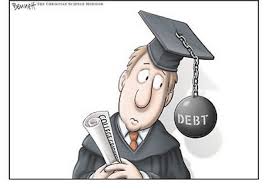
Some National Breast Cancer Awareness Month (NBCAM) folks are using words such as “gimmicky,” “over-played” and “waning.” The pink ribbon that has been the traditional, and well-recognized logo for the campaign may have lost its freshness, they say. Even so, it is one of the emblems most widely associated by Americans with a particular disease. Bradford Exchange, one of the most successful personal check printers in the country, has recently issued new checks featuring the pink ribbon of support.
The need remains as great. Breast cancer is not a “solved problem.” More than 520,000 people throughout the world die of it every year. That includes 40,000 in the United States. Patients need support and researchers need funding, Elaine Schattner writes in a Forbes article.
Shattner suggests a shift in focus more in keeping with 2014’s information and approaches to breast cancer management. She would like to see people better informed about the number of people living with metastatic breast cancer. Even in the United States, their numbers are not sufficiently tallied. Their form of the disease is not curable and they require treatment until death.
Critical areas for more research are the ongoing quest to determine what causes breast cancer, how it can be prevented from spreading once diagnosed, better and more effective treatments and pathology improvements that would avoid over-treatment.
As always in the battle, patients need to know what their options are, Shattner said. The most effective care occurs when patients are educated and share in decisions about their treatment.
October will come and go and the drive to keep people informed on a nasty disease will continue. Whether the specifics of the campaign will change is a question for the future.



